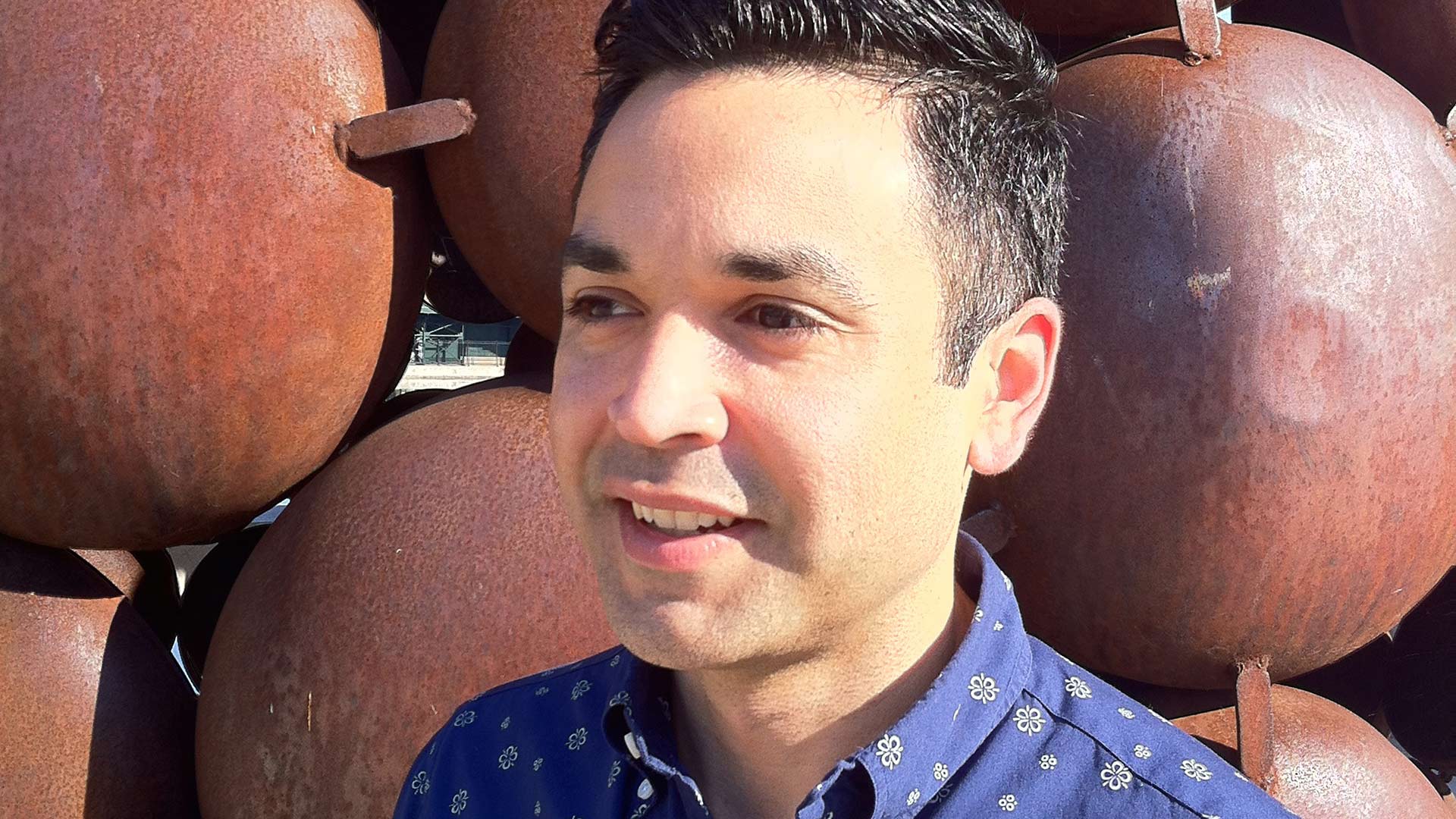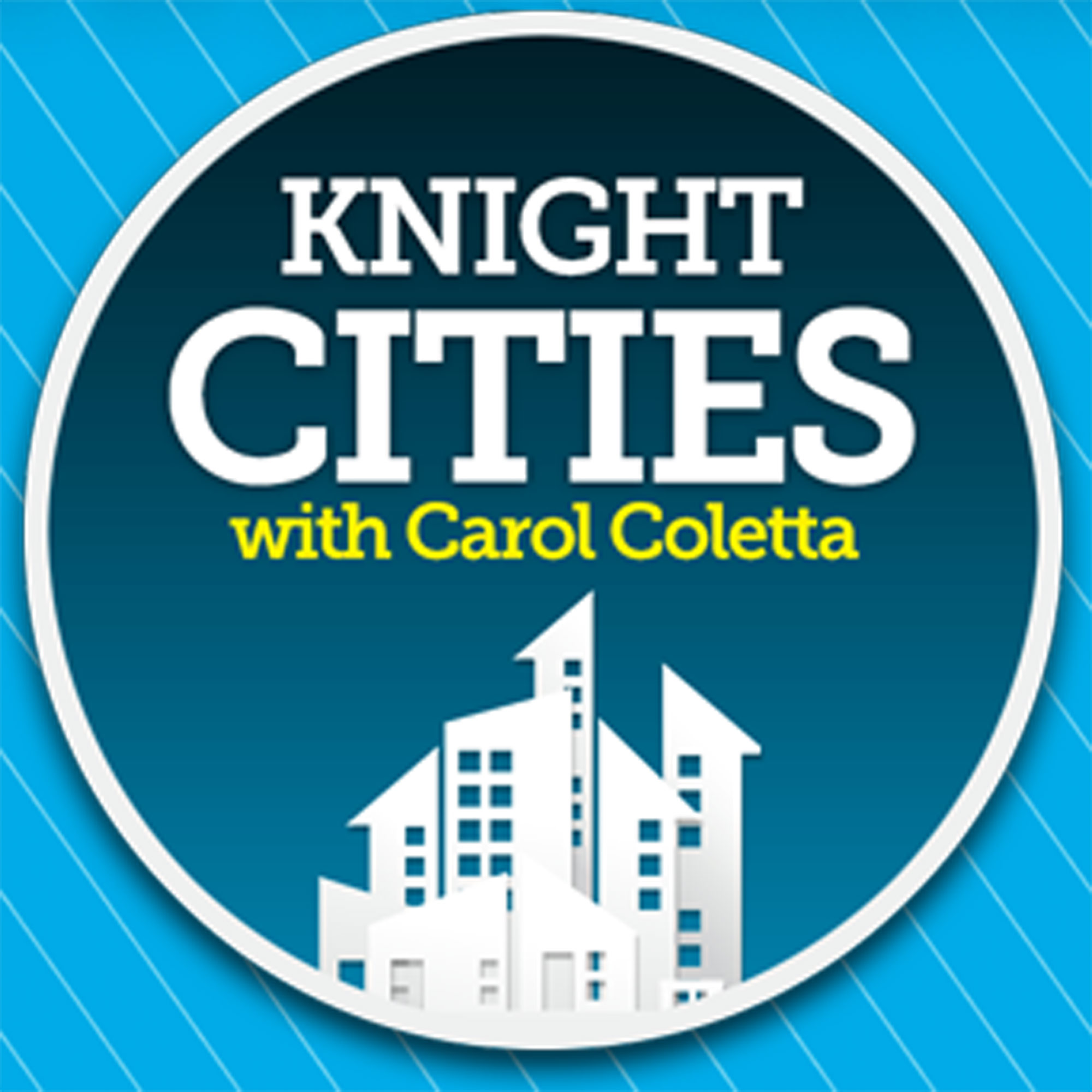
Positioning libraries for the future
Growing up in South Memphis, I spent countless hours at a tiny storefront branch library right around the corner from my home. I loved to read and the place was jammed with books. Perfect!
But libraries today are as likely to be occupied by people studying for their GED, applying for jobs, figuring out small business startup procedures, and watching movies on computers as they are with people discovering new books to read.
It makes for a complex set of services and a confusing future.
Miguel Figueroa is trying to figure out what that future looks like. Miguel heads the American Library Association Center for the Future of Libraries. The center promotes innovative and future-oriented thinking to position libraries for long-term sustainability and success.
Here are five things you should know about the future of libraries from my conversation with Miguel:
- Information resources used to be scarce. Now, with much easier access to information, libraries can help people turn information into knowledge.
- People have fond memories of libraries. The library brand is identified with books, but libraries today are about much more than books and story hour. Nostalgia for what the library was can hinder funding.
-
Three important trends driving the future of libraries are:
- Learning — Learning is becoming more hands-on, more peer-to-peer. Libraries can provide informal spaces for that kind of learning.
- Demographics — As America becomes more diverse, libraries can be the neutral space that brings people together.
- Philanthropy — As foundations engage in collective impact, libraries can provide resources, expertise and space to support foundation collaboratives.
- Libraries are owned and operated locally; therefore they can be isolated. But they have to innovate together. Libraries need mechanisms to distribute innovations broadly and rapidly.
- Libraries that figure out how to make themselves platforms for community participation will be the most successful. Libraries can facilitate connections and participation by inviting the community in to teach and to learn.
Look for new “Knight Cities” content posted every week. You can follow us on Twitter at #knightcities or @knightfdn. And if you have ideas for people you’d like to hear from, please email me.
Carol Coletta is vice president of community and national initiatives at Knight Foundation. Follow her on Twitter @ccoletta.
Recent Content
-
Community Impactarticle ·
-
Community Impactarticle ·
-
Community Impactarticle ·



